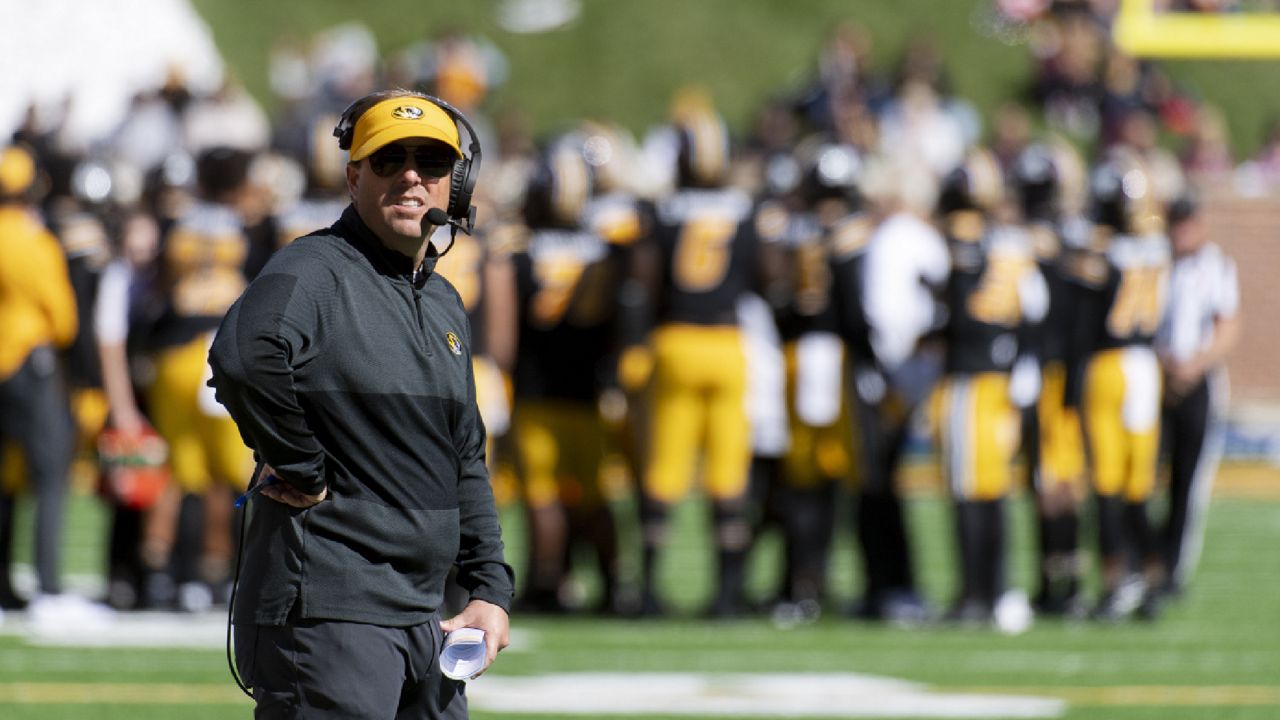ST. LOUIS–Missouri Governor Mike Parson on Thursday signed legislation that will allow college athletic departments to get more involved in the business of name, image and likeness, or NIL, just under a year after the state made it legal for student-athletes to get paid by third parties for endorsements.
The NIL provision was part of a larger education package.
“What began as a bill to bring more awareness and attention to our two HBCUs has grown into a more impactful piece of legislation that will improve all of higher education,” State Sen. Barbara Washington said in a news release. “I’m proud to carry legislation that will make NILs easier for our athletes; that will provide more dual credit opportunities; and create the workforce diploma program for our high school graduates.”
State Rep. Kurtis Gregory, a former University of Missouri offensive lineman authored the NIL language, which allows school personnel to actively help student-athletes get endorsement deals. Under the new law, schools still cannot negotiate for student-athletes or profit from their agreements. It takes effect August 28.
After the bill signing, the University of Missouri announced it will add an assistant athletic director in charge of NIL, along with other staff positions tied to NIL graphics and videos. The athletic department is also partnering with Opendore to create a "Tigers-specific marketplace to give fans, brands, donors and sponsors an easier path to connect with potential Mizzou student-athlete partners," according to a news release.
Football fans will be able to buy player jerseys this fall, with the student-athlete receiving part of the proceeds.
Missouri follows Tennessee and a handful of other states in the SEC footprint, which earlier this spring passed similar legislation.
“In the NIL era, it is important for schools to have the freedom to be able to compete with their peers, which is why we’ve seen states that previously passed legislation that ended up being more restrictive than the NCAA policy repeal or amend their laws. Tennessee, Mississippi and Louisiana have all recently revised their bills and Alabama repealed their NIL law altogether,” Dan Greene, a New York attorney who follows the NIL landscape.
“Luckily for most of these schools, there are many proud alums and diehard fans in their respective state legislatures that care about this topic and want to keep their school’s athletic programs competitive. I wouldn’t be surprised to see a state like South Carolina do something similar in the very near future,” he said.
Others are waiting for Congress or the NCAA, which has taken a hands-off enforcement approach over the past year, to put more guide rails in place, amid fears that NIL has quickly gone in many cases from an endorsement process to one of inducement and “pay for play”.
“When you have a rule on the books and all that you can do is punish your own, when you know those same rules are being broken by other states and other competitors, what’s the incentive to enforce the rules?,” said Peter Schoenthal, CEO of Athliance, a Florida firm that handles NIL compliance issues.
“I think it’s going to take us 36-48 months to fully understand what this space is,” Schoenthal said. “This thing is still brand new. We’re all figuring it out.”
